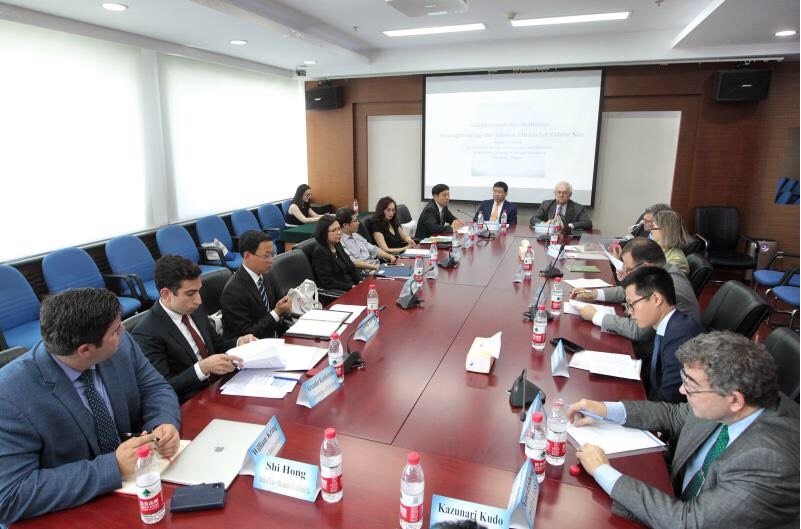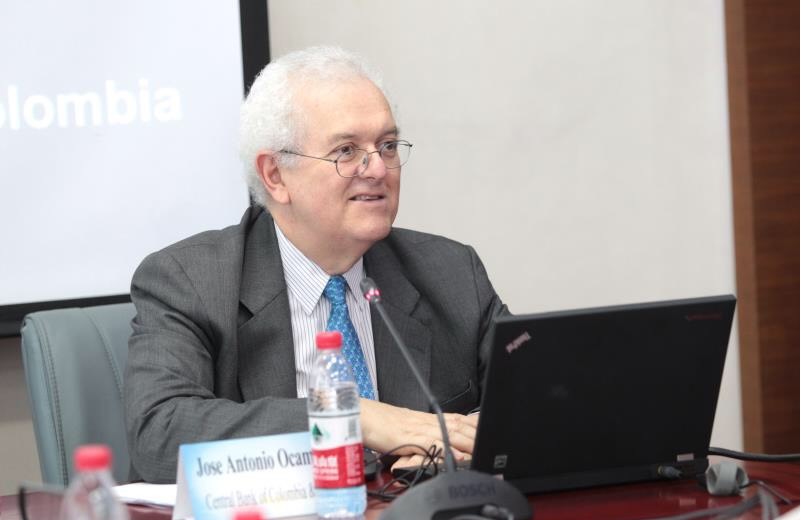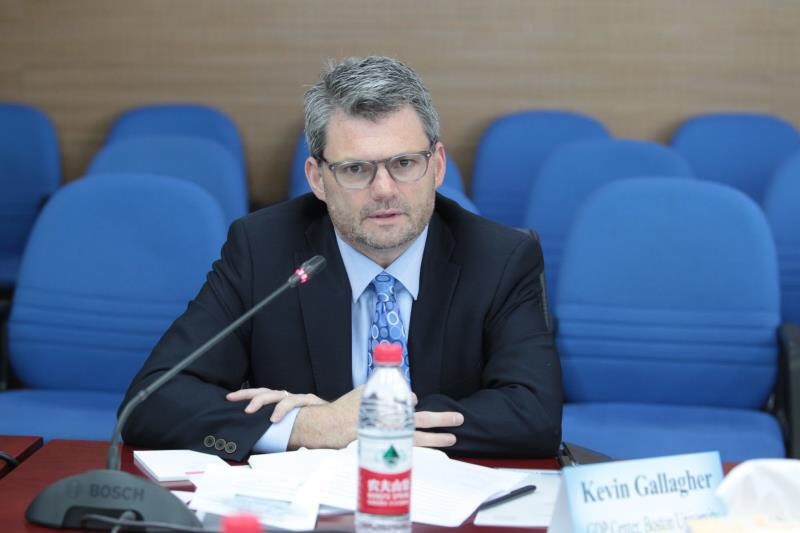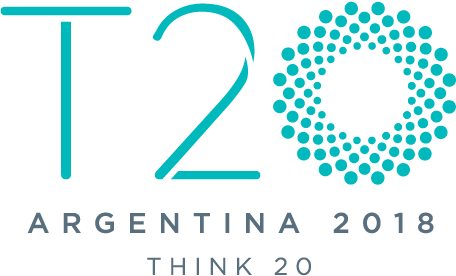It was a T20 Argentina associated event organized by the Global Development Policy Center of Boston University, the United Nations Conference on Trade and Development, and the Institute of World Economics and Politics at the Chinese Academy of Social Sciences in Beijing.
In support of the T20 Task Force on ‘An International Financial Architecture for Stability and Development,’ Boston University’s Global Development Policy (GDP) Center, the United Nations Conference on Trade and Development (UNCTAD) and the Institute of World Economics and Politics (IWEP) at the Chinese Academy of Social Sciences (CASS) hosted a workshop titled “Cooperation for Stability: Strengthening the Global Financial Safety Net.” The workshop, which was held at IWEP/CASS in Beijing on June 4th, 2018, brought together experts from think tanks engaged in the T20 process as well as specialists from the United Nations and government agencies.

This global workshop focused on discussions surrounding the “Global Financial Safety Net” (GFSN). The GFSN is a loose constellation of efforts by central banks, the International Monetary Fund (IMF), and a number of regional financial arrangements (RFAs), all with the goal of preventing and mitigating financial crises. This is poignant now, because over the next two years, the IMF is scheduled to engage in significant reforms to both its quota and voting structures, and to its policies and conditionality. Moreover, many of the RFAs have begun to discuss the extent to which they should coordinate with each other and with the IMF.

The keynote addresses were made by Jose Antonio Ocampo, Co-director of the Central Bank of Colombia and Chair of the Committee on Development Policy at the United Nations, and Huang Haizhou, Managing Director and Management Committee member at China International Capital Corporation (CICC). The workshop was split into two sessions. The first session titled “Reforming the International Monetary Fund,” chaired by Haihong Gao, Director of the Research Center for International Finance at IWEP, considered the guiding principles that the G20 might put forth and how these might affect the IMF. The second session titled “Regional Financial Arrangements,” chaired by Kevin Gallagher, Director of the Global Development Policy (GDP) Center at Boston University, focused on the extent to which the IMFs recent policy coordination and staff position proposal is consistent with the G20’s guiding principles.

